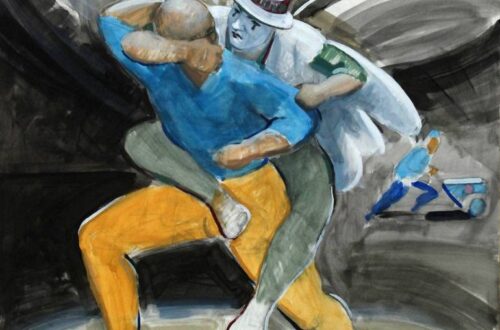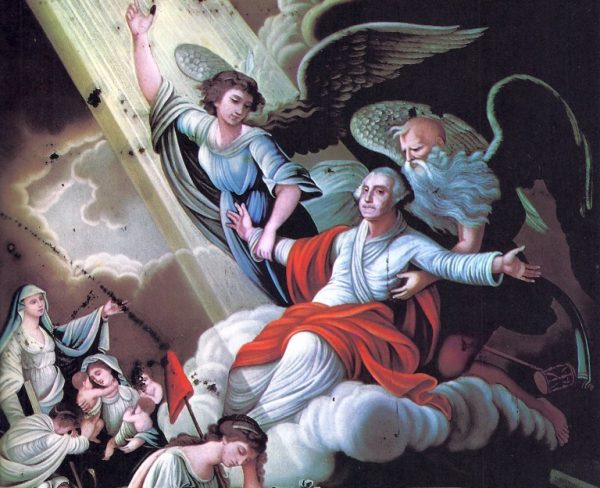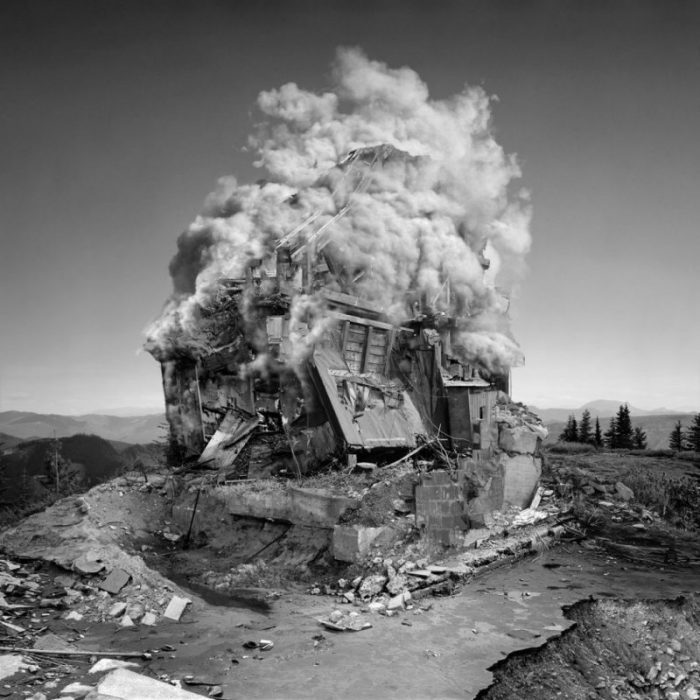-
Stop the Steal
Rebellions do not happen overnight. After years, there is always a tipping point in either an event or a moment that precipitates them. We talk about the beginnings of the American Revolution and we know it was not simply the Boston Tea Party or the Boston Massacre, but the years of resentment over the taxes Britain imposed to maintain their troops after the French-Indian War and to increase revenue for a Parliament strapped for cash by an exploding national debt. There was a twelve-year buildup to the American Revolution. It is true for David’s son, Absalom’s rebellion as well. Look at the numbers: After the rape of his sister Tamar…
-
Colossians 1:24-2:20
The earliest Church may have stayed pure and all of one mind sharing everything with each other for a few days or weeks but it soon faced the realities of imperfect human nature. Yes, they were all believers and what would later be called Christians but the perfect harmony could not last for long. “They devoted themselves to the apostles’ teaching and to the fellowship, to the breaking of bread and to prayer. Everyone was filled with awe, and many wonders and miraculous signs were done by the apostles. All the believers were together and had everything in common. Selling their possessions and goods, they gave to anyone who had…
-
Same Kind of Different
In that same interview mentioned in the blog last week the question was asked, “What is the state of what some of us call Big Philanthropy in America.” Big is usually relative, isn’t it? Not only that but bigness always faces challenges that are new. For generations in this country there were relatively few big churches. Even now, the average church size is around 100 attending. When we began Leadership Network in 1985 to focus on the growing phenomenon of large churches we could find only about 300 churches with a weekly attendance of 1,000 or more and today there are likely over 3,000 megachurches. While the issues of the…
-
Colossians 1:1-20
This morning we are beginning our six weeks in the book of Colossians. It is worth noticing that the same author could have two such different perspectives of Christ and both of them are correct. They are not in conflict but two sides of the same coin. In the same way that the writers of the four Gospels have different accounts, Paul has a Philippian picture of Jesus and a Colossian picture. It was Ray Bakke, an urban sociologist, who first pointed this out to me. In his book “A Theology As Big As The City” he describes splitting a class into two parts. One part reads only the letter…
-
George and Jesus
A few weeks ago I did an interview and while much of it was on philanthropy the questions ranged across a number of topics. This first question was a good one. Does religion still have a place in what some used to call “the public square”? Yes, of course. However, it will be (and should be) what we have long referred to as “civil religion” and not a particular brand of religion. It has always been a combination of commonly held beliefs, symbols and rituals that have served as a national religion with its own sacred places and ceremonies. Truthfully, we want that. The question about religion and its influence…
-
Philippians 2
I know if you were here a couple of weeks ago you had a lesson on this same chapter. However, I remember the line from the Seals and Crofts song, “We May Never Pass This Way Again” and the likelihood of my teaching Philippians again is pretty remote. So, because I love this chapter so much I want to beg your indulgence and say a few things about what Paul has written not only to the church at Philippi but to the church in Tyler. Let’s read the passage slowly: Therefore if you have any encouragement from being united with Christ, if any comfort from his love, if any common…
-
The Art of Destruction
In 1887, four people in Denver imagined a plan for working together in new ways to make Denver a better place. They founded a small organization to benefit 10 area health and welfare agencies while raising $21,700 that first year. That idea became the first United Way and the movement has since raised and distributed billions of dollars across the world. In an an effort to improve the way the Cleveland Trust Company did business, the company’s president, Frederick H. Goff, established in Ohio in 1914 the world’s first community foundation, The Cleveland Foundation. He combined a number of trusts managed by the bank into a single organization. The foundation…







